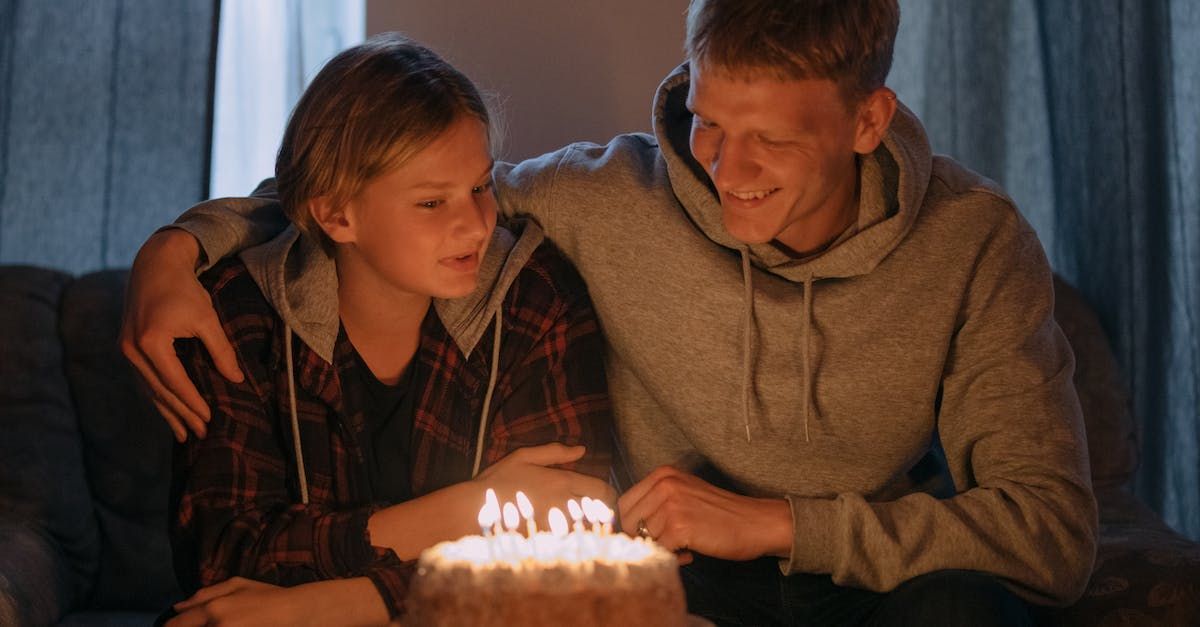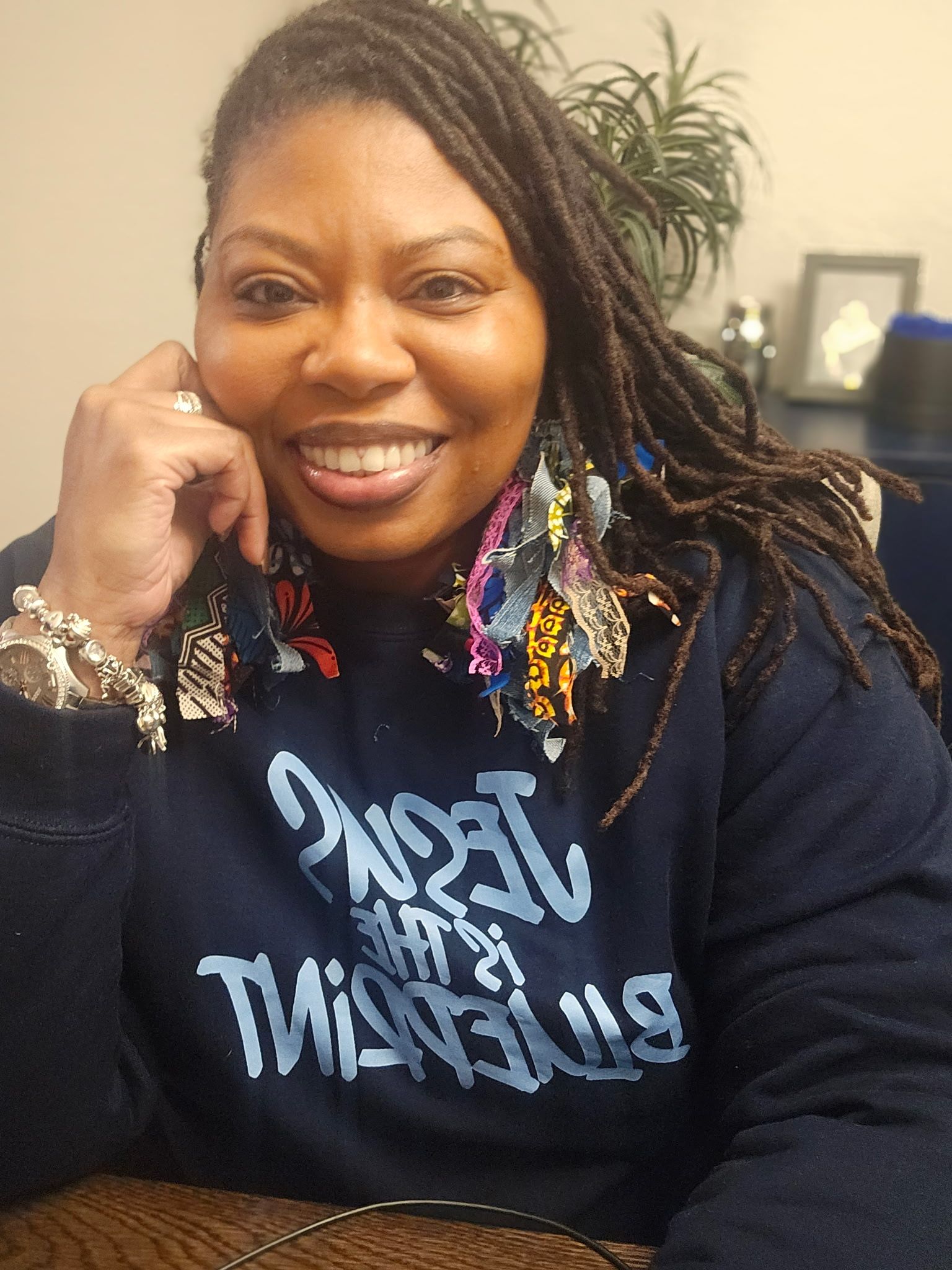Story of Hope: Emily Cross Barnet
Emily Cross Barnet has been an advocate for 8 months. She was assigned to her case in December of 2022. She quickly started to build a bond with her 12 year old youth, James. He was at a shelter when she first made contact. As we know, shelters have a limited amount of time a youth can be placed there before they have to be moved.
James started mentioning his siblings and how he wanted to reside with them. Emily reached out and made contact with his adult brother. He stated that he was very interested and would do anything to have his brother placed with him. Emily brought this to the attention of the caseworker who stated it was her understanding he could not be considered due to his age. He was only 20 years old.
After speaking with her Advocate Supervisor it became clear to her that there was a chance a home study could move forward. She reached out to a Kinship Program Specialist for clarification. They confirmed that he could be considered for placement but could not become licensed as a foster home or adopt until he was 21 years of age. Emily spoke with the caseworker and the process was initiated. James was placed with his brother a month later. She has been a great support for the family, ensuring that her CASA child had a bed, clothing and other necessities by reaching out to community partners and securing those items. Now that the caregiver is 21 years of age the licensing process is being finalized.
Emily has done a fantastic job voicing to the court and to the attorney ad litem what James wants and what his needs are. She ensures that his educational, medical and emotional needs are met. She spent time taking him out on several outings during the summer playing basketball and going on walks to ensure he kept busy.









